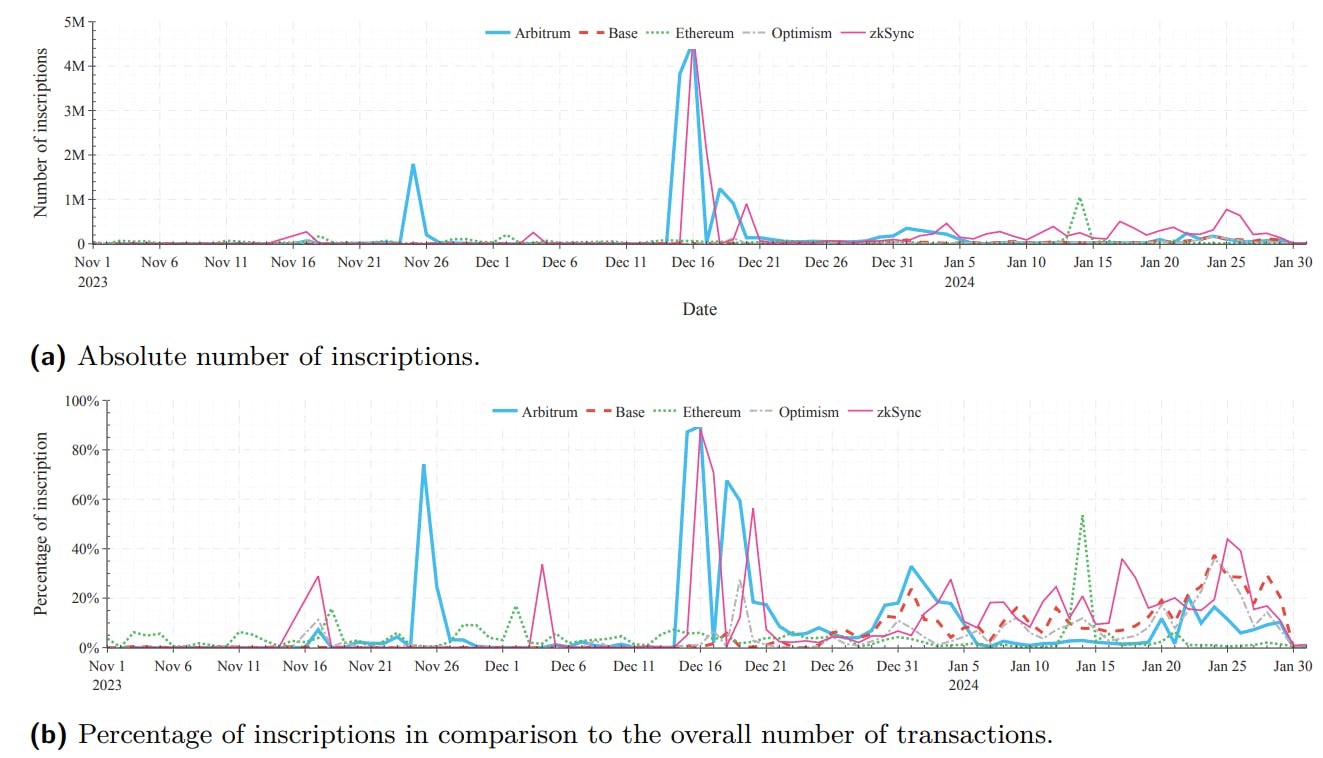Author:
(1) Angelica Sofia Valeriani, Ethics of Information Technology, Politecnico di Milano, Milan, Italy.
Table of Links
1 Introduction
2 The new Empire of Surveillance Capitalism
3 Target Advertisement
4 Military technology and Politics
5 Focus on Ethical Frameworks
5.1 Utilitarian Framework
5.2 Deontology Framework
5.3 Direct comparison between Utilitarianism and Deontology
6 Conclusions, Acknowledgements, and References
5.3 Direct comparison between Utilitarianism and Deontology
Considering the first scenario, described in Section 3, the first and immediate difference that can be underlined is that while Utilitarianism focuses mostly on pleasure and happiness, and could justify the means of Surveillance Capitalism to increase pleasure for the most, the Kantian framework will never justify such a politics with that idea. Kantian theory would underline the subjectivity of pleasure and happiness for each individual, and the difficulty in objectively measuring the effects (that were themselves the issues raised in Section 3). Kant would not justify the abuse and violation of privacy for the business purposes of companies merely through the idea of making money without harming people. According to the pure sense of duty, such use of Surveillance Capitalism, keeping people unaware, would be morally incorrect, and people should be able to understand it. Furthermore, treating human beings as means only for personal and selfish interests without informing is a disrespect of human dignity according to Duty ethics. It must be noticed that, according to the Kantian framework, there is no violation of the reciprocity principle in the simple act of making a targeted advertisement because the individual is not prevented by the possibility of determining what is morally right through reasoning. The pure Kantian framework would agree with a society in which users’ implicit data are retrieved and used with their awareness, if and only if the final goal is to make business. In this case, there is the economic scope of industry without leading humans’ moral right to reason and their autonomy; this is reached by making them aware and using these data with the exclusive goal of selling more products and increasing sales. Furthermore, and most important, Kant would agree if there was the certainty of keeping data anonymous, as most research works are studied nowadays. On the contrary, Utilitarian framework will be more focused on the social welfare meaning that the greatest happiness must be produced for the majority, and will agree in assuming that this happiness is derived from the possibility of each individual to better satisfying their own tastes and preferences, by discovering new places, items or possibilities that are in line with its desires. Once the awareness about the fact that companies stored data, even implicit data retrieved by the user activity, has been gained, then the idea of abuse is not more applicable to this scenario and therefore, this behavior is acceptable because it does not harm anyone, especially if the target advertisement would get more and more flexible, meaning that the user has the possibility to explicitly to deny such a use of personal data to realize target advertisement. Indeed, Bentham’s utilitarian ethical theory would evaluate the use of target advertising in surveillance capitalism based on its ability to promote overall happiness or utility. If targeted advertising leads to a net increase in happiness or utility by providing people with more relevant and useful information, it might be considered morally justifiable from a utilitarian perspective. However, the downside of this approach is that it could lead to privacy violations and a loss of individual autonomy, which could outweigh the potential benefits. Kant’s duty ethic, on the other hand, would likely argue that the use of target advertising is inherently immoral because it fails to treat individuals as ends in themselves and instead treats them as mere means to an end. According to Kant, individuals have a right to privacy and should be treated as moral agents capable of making their own decisions. Therefore, any action that treats individuals as mere means to an end, such as using their personal data to manipulate their behavior through targeted advertising, would be considered morally impermissible.
Considering the second scenario, described in Section 4, the main differences can be immediately underlined by saying that if the scope is the one of preserving people from attacks of any nature, then according to the Utilitarian framework any action would be justified because the end justifies the means and the Surveillance has no a direct impact (meaning harming) on people. It is more of an invisible control that is needed for the welfare of the most, so it must be accepted. This idea is not true anymore under the Kantian perspective, in which, as described in section 5.2, the Universal principle according to which such behavior, would be considered acceptable leads to a contradiction. The key point and solution to this contradiction, to make the framework effective would be again the solution of lack of awareness of people. The idea of defining a threshold, or a metric, that can state if a human being deserves or not to be controlled is arbitrary, questionable, and mistakable. It would lead to errors and subjectivity, so it is helpful, but will not be a solution to the contradiction raised in the framework. On the contrary, by informing people, the aspects of manipulation and lack of autonomy fade, so the action of controlling, if Surveillance Capitalism was not devoted to influencing preferences and avoiding autonomy, but simply to the overall welfare, would be morally correct. It must be noticed, that an important difference while analyzing the effect of Surveillance Capitalism in society is the system of the considered country. If totalitarian regimes see these instruments as a way to enforce their control on the population and this is not morally acceptable under any perspective, both Kantian and Utilitarian, democratic and capitalist systems have valued to recur to Surveillance for reasons more connected to its rationality and efficiency, if well applied (normalized in the respect of people). Indeed, Bentham’s utilitarianism might support the use of military technology and politics to collect data and monitor people’s behavior if it leads to a net increase in happiness or utility. For example, if the government’s use of surveillance technology can prevent crime and protect citizens’ safety, it might be considered morally justifiable from a utilitarian perspective. However, the downside of this approach is that it could lead to privacy violations and a loss of individual autonomy, which could outweigh the potential benefits. On the other hand, Kant’s duty ethic would likely argue that the use of surveillance technology is inherently immoral because it violates people’s autonomy and fails to treat them as ends in themselves. According to Kant, individuals have a right to privacy and should be treated as moral agents capable of making their own decisions. Therefore, any action that treats individuals as mere means to an end, such as collecting data without their consent, would be considered morally impermissible.











